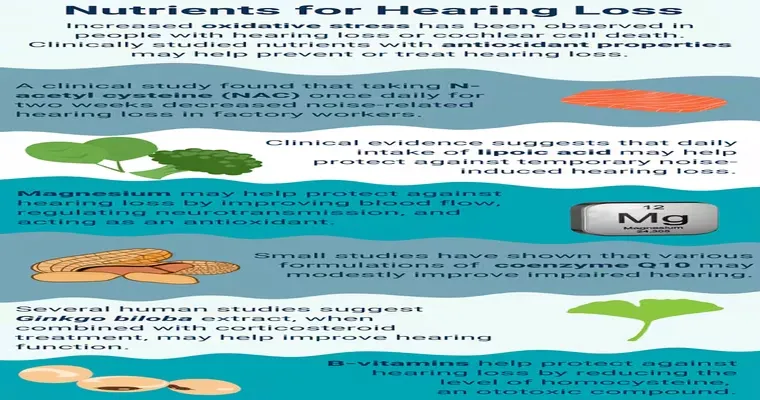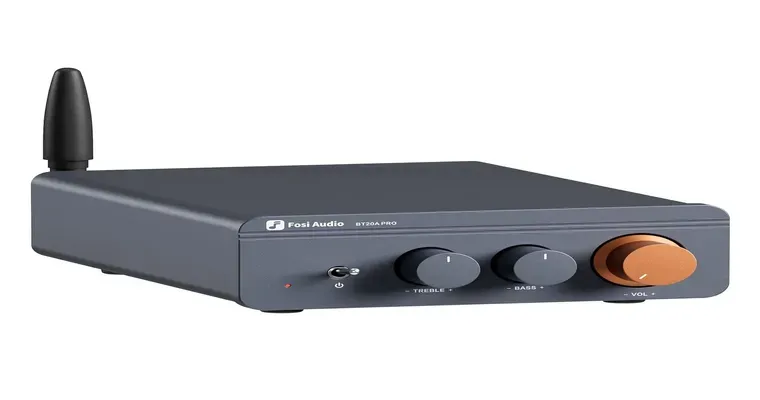Hearing loss is a common condition that affects millions of people worldwide. Understanding the "signs" of hearing loss, exploring effective "treatment" options, and learning about "prevention" strategies can significantly improve quality of life. This article aims to provide valuable insights into each aspect of hearing loss, ensuring that you are well-informed and equipped to address this condition.
Signs of Hearing Loss
Recognizing the "signs of hearing loss" is crucial for early intervention. Some common indicators include:
1. "Difficulty understanding conversations": You may find it hard to follow discussions, especially in noisy environments.
2. "Frequent requests for repetition": If you often ask others to repeat themselves, it might signal hearing difficulties.
3. "Straining to hear": Feeling fatigued after conversations can indicate that your ears are working harder than normal.
4. "Muffled sounds": Sounds may seem muted or unclear, making it challenging to discern speech or music.
5. "Tinnitus": Experiencing ringing or buzzing in the ears can be a symptom of hearing loss.
If you notice any of these signs, it is essential to seek professional evaluation from an audiologist or hearing specialist.
Treatment Options for Hearing Loss
When diagnosed with hearing loss, various "treatment" options are available depending on the severity and type of loss. Some popular methods include:
1. "Hearing aids": These electronic devices amplify sound, making it easier to hear conversations and environmental noises. There are various styles and technologies available to suit individual needs.
2. "Cochlear implants": For those with severe hearing loss who do not benefit from hearing aids, cochlear implants can be a viable option. These surgically implanted devices bypass damaged portions of the ear and directly stimulate the auditory nerve.
3. "Assistive listening devices": These tools, such as FM systems and amplified telephones, can help improve hearing in specific situations, like watching TV or participating in group conversations.
4. "Therapy and counseling": In some cases, auditory rehabilitation or counseling can provide support and strategies for coping with hearing loss.
Consulting with a healthcare professional is essential to determine the most appropriate treatment for your specific condition.
Prevention of Hearing Loss
Preventing hearing loss is vital, especially since many cases are linked to avoidable factors. Here are some effective "prevention" strategies:
1. "Limit exposure to loud noises": High decibel levels can damage hearing over time. Use ear protection such as earplugs or earmuffs in noisy environments.
2. "Maintain a safe volume": When using headphones or earbuds, keep the volume at a reasonable level to protect your hearing.
3. "Take breaks from loud environments": If you are in a noisy setting, take regular breaks to give your ears a rest.
4. "Get regular hearing check-ups": Regular screenings can help detect early signs of hearing loss, allowing for timely intervention.
5. "Avoid inserting objects into the ear canal": This can lead to injury or infection, contributing to hearing loss.
By taking proactive steps towards prevention, you can significantly reduce the risk of hearing loss and maintain better auditory health.
Conclusion
Hearing loss is a significant concern that can impact daily life. By being aware of the "signs", exploring available "treatment" options, and implementing effective "prevention" strategies, you can better manage your hearing health. If you suspect you may be experiencing hearing loss, do not hesitate to consult a professional for guidance. Taking early action can make a world of difference in preserving your hearing ability and overall well-being.





